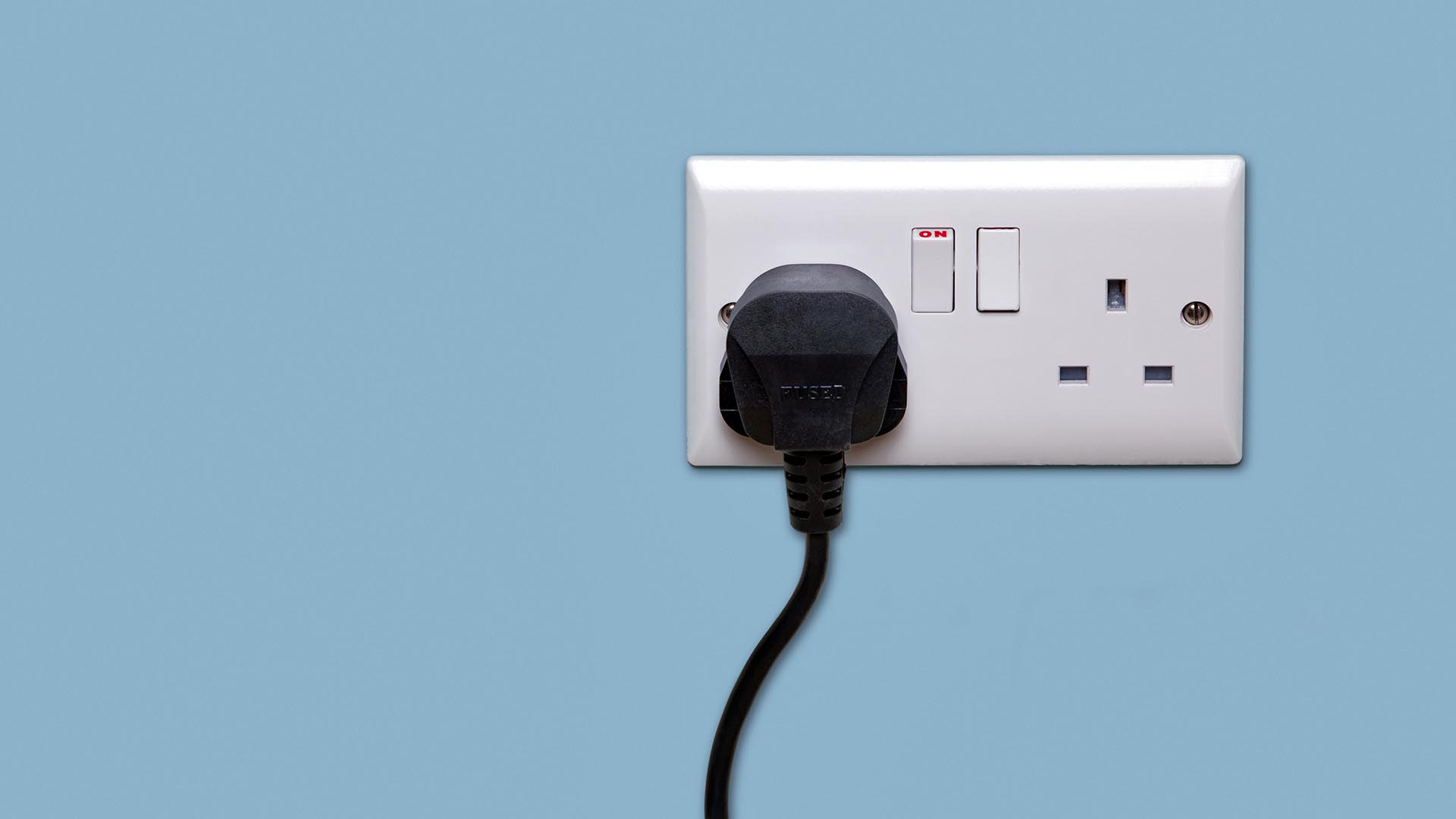In recent years, electric vehicles (EVs) have gained significant popularity as a cleaner and more sustainable alternative to traditional gasoline-powered cars. With the ever-growing interest in electric cars, many potential EV owners wonder, “Can you charge an electric car with a regular outlet?” In this comprehensive guide, we will explore the feasibility of using a standard electrical outlet for charging your electric vehicle and address the factors that come into play.
Understanding Electric Car Charging
Before delving into the possibility of using a regular outlet to charge your electric car, it’s essential to understand how electric car charging typically works. Electric vehicles are equipped with a charging port that allows you to connect your car to an external power source. There are three primary levels of EV charging:
- Level 1: Standard Household Outlets
- Level 2: Dedicated Charging Stations
- Level 3: DC Fast Charging Stations
Each level has different power requirements and charging speeds, which directly impact the time it takes to charge your electric vehicle.
Can You Charge An Electric Car With A Regular Outlet?
- Level 1 Charging and Regular Outlets Level 1 charging, which utilizes a standard household electrical outlet, is the slowest method of charging an electric car. Most EVs come with a Level 1 charging cable that can be plugged into a regular 120-volt outlet. While this is the most convenient option for many EV owners, it is not the fastest.The main drawback of Level 1 charging is the time it takes to fully charge your electric car. On average, a Level 1 charger provides about 2-5 miles of range per hour of charging. This means that charging your EV from near empty to full capacity can take a substantial amount of time, often exceeding 24 hours.Level 1 charging is most suitable for those who drive short distances and can leave their EV plugged in overnight. It is a convenient option for daily commuting or for individuals who do not have access to a Level 2 charging station.
- Level 2 Charging and Dedicated Charging Stations Level 2 charging is a more powerful and efficient method of charging your electric car. It requires a dedicated 240-volt electrical circuit and charging station, which is typically installed at home or available at public charging points. While it’s faster than Level 1 charging, it’s not what you’d consider a “regular outlet.”Level 2 chargers can deliver approximately 10-60 miles of range per hour, depending on the specific charger and your EV’s compatibility. This charging level is the most common for home charging solutions and provides a more practical option for daily use.Many electric car owners opt to install a Level 2 charging station at their homes to take advantage of faster charging speeds. Public charging stations also offer Level 2 charging, making it a convenient choice for charging your EV while out and about.
- Level 3 Charging and DC Fast Charging Stations Level 3 charging, often referred to as DC fast charging, is the quickest way to charge your electric car. However, it is typically not available in residential settings and requires specialized charging equipment. DC fast chargers can deliver around 60-80 miles of range in just 20-30 minutes of charging, making them ideal for long trips.These charging stations are commonly found along highways and in commercial areas, ensuring that electric car owners can access fast charging options during their journeys. It’s important to note that DC fast charging is not typically used for daily charging but for occasional rapid top-ups.
Factors to Consider
When deciding whether to charge your electric car with a regular outlet, there are several factors to consider:
- Your Driving Habits: If you mainly use your electric car for short commutes, a regular outlet (Level 1) might suffice. However, if you need a faster charging solution for longer drives, Level 2 charging is more practical.
- Charging Time: Level 1 charging can take a long time to reach a full charge. Consider how often you drive and your patience for waiting for the car to charge.
- Home Charging Station: Installing a Level 2 home charging station can provide a faster and more convenient charging solution if you have access to a dedicated electrical circuit.
- Public Charging Stations: Utilize Level 2 charging stations available in public areas for quicker charging while on the go.
- Range Needs: Evaluate your daily mileage and choose the charging level that best suits your range requirements.
Conclusion
In answer to the question, “Can you charge an electric car with a regular outlet?” the answer is yes, but with some limitations. Level 1 charging, which uses a standard household outlet, is feasible for some electric car owners, particularly those who drive short distances and can charge their EV overnight. However, for faster and more practical charging, a dedicated Level 2 charging station is the better option.
To make the most of your electric vehicle ownership experience, it’s advisable to consider your daily driving habits, the availability of charging infrastructure, and your willingness to invest in a Level 2 home charging solution. While a regular outlet can charge an electric car, it may not always be the most efficient or convenient choice for all EV owners.
